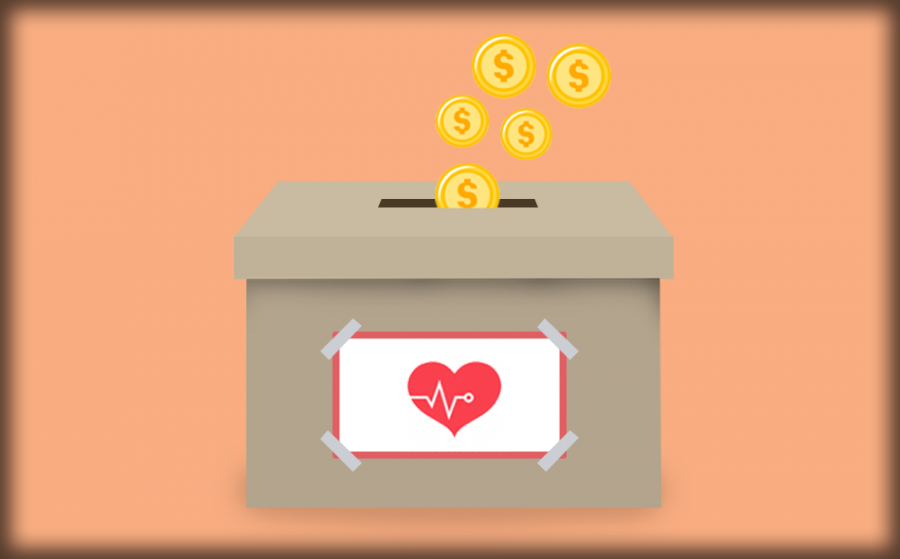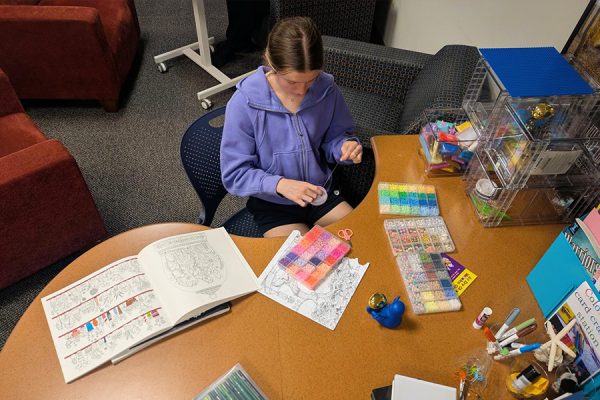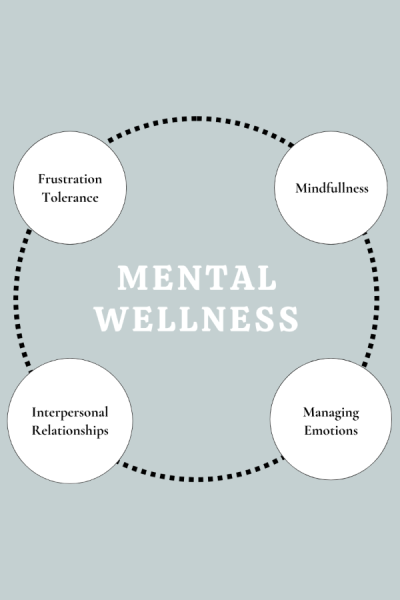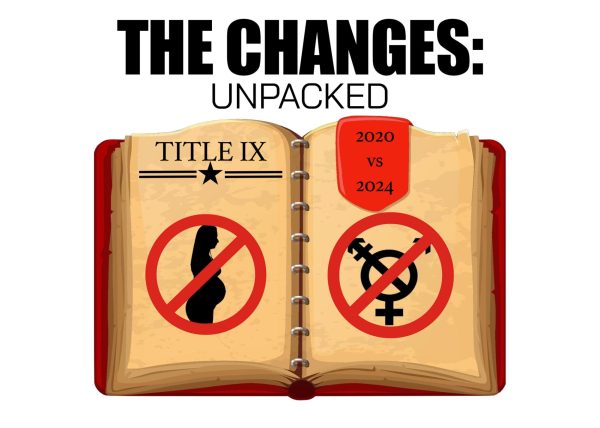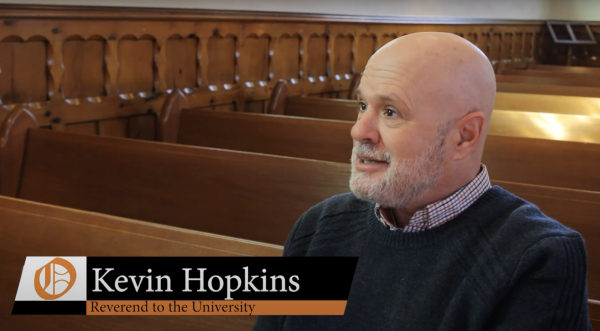Saving lives through organ donation
The importance of organ donation
Healthy organs aren’t easy to come by. The waiting lists for these organs are enormous — 122,000 people in the U.S. were in search of an organ of some sort in 2017. Only 34,000 people will receive the organ that they need each year. Roughly 110 people are added to this list each day, with 22 of those people who will lose their lives while waiting for the only thing that could save them. The need for organs greatly outweighs the availability of healthy ones.
Although there are many temporary life-saving solutions available while a person is on the waitlist for an organ, these band-aid fixes can cause health issues in other areas of the body due to an overall decreased immune system, and will eventually stop working. They can greatly impact a person’s quality of life and ability to function normally. Often times, the only solution is to replace the sickly organ with one that is in good shape.
“Only 54 percent of the 95 percent of U.S. adults who claim to support organ and tissue donation are actually registered donors.”
The lack of available organs can be attributed to the low amount of registered organ donors — only 130 million U.S. citizens are registered. This may sound like a large number, but only 54 percent of the 95 percent of U.S. adults who claim to support organ and tissue donation are actually registered donors. This number is further decreased as some people’s organs may not be usable after they die since they may not be in good health.
The majority of the time, organ donation can only be completed after a person has been declared deceased or brain dead by a physician. However, living organ donation is also possible. 1 of the 2 kidneys can be donated as well as 1 of the 2 lobes of the liver and part of the lung, pancreas or intestines. Living tissue donation is feasible in regards to skin, bone, bone marrow cells, blood cells, amnion and blood donation. Living donors can even choose who they would like to receive their organs or tissues in certain situations.
Unfortunately, not all living donors are good matches for their intended recipient. Chair of Biology and Chemistry Department Darcy Russell experienced first-hand just how troublesome this system can be.
“When my sister Denise’s kidneys failed and she had to go on dialysis, I went right away to get tested to see if I could give her a kidney,” Russell said. “Unfortunately, I was not a good enough match. That was the most devastating phone call of my life [since I was unable] to help.”
Luckily, one of Denise’s friends was a match and was able to donate a kidney. This saved Denise from being placed on a waitlist and potentially not receiving the needed organ.
“If [Denise’s friend] had not been the generous person that she is, I would in all probability have lost my sister years ago to the autoimmune disease that she has,” Russell said. “Instead, my sister — my best friend — is still living and we get to [experience] so many things I would have missed.”
Organs are allocated through a national computer system at the Organ Procurement and Transplantation Network (OPTN) in order for the process to be accomplished in the most ethical and fair way as possible. This arrangement allocates the parts based on medical urgency, geographic location, blood and tissue type and waiting time.
Placement on the organ transplant waiting list can be a difficult process if the organ is not immediately needed. A potential candidate must first get a referral from a physician to be evaluated by a transplant program. Should they be approved for a waitlist, they will next need to gather information about the procedure and select a transplant facility. This is especially important due to the potentially large financial cost and preparation for the necessary post-transplant steps.
All adults in the U.S. — citizens, and non-citizens — are eligible to become registered organ donors. Some states allow minors to indicate a desire to become an organ donor as well, although a parent or legal guardian would be required to provide authorization should a situation arise in which organ donation becomes possible for their child.
Registering to become an organ donor means that the person is authorizing the donation of their organs as long as they pass away in a manner that makes the donation possible. This most often occurs within a hospital, particularly if the person is on artificial life support.
Registration will not affect the level of care the person receives at the healthcare facility. Most family members will want to honor the wishes of their loved ones, so registered donors should make sure that the people they are closest to are aware of their desire to donate.
Signing up to become a registered donor is easy. Many state motor vehicle offices offer this opportunity and will place a notification on your driver’s license, but potential donors can also register online. A person can change their registration status at any time online should they decide that they no longer wish to be an organ donor.
“Organ donation is the greatest gift — it is life, and it is love on the deepest level,” Russell said. “I encourage everyone to get on the list for organ donation. You can truly be a hero for someone.”


